Hell Hill: Underbelly of backpacker scene where hostel murder hero Tom Jackson died
ON THE night he was fatally stabbed at a hostel, backpacker Tom Jackson was meant to be hundreds of kilometres away.
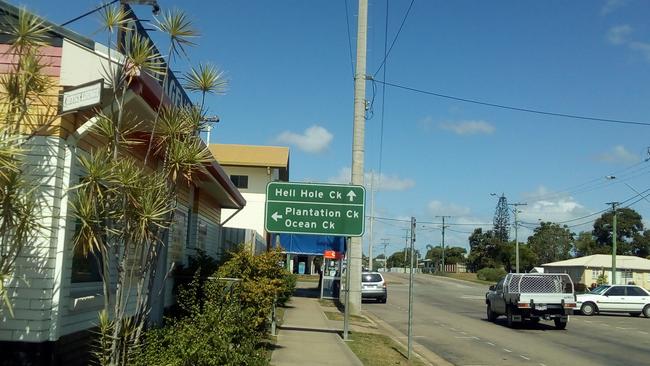
HOME Hill hostel murder hero Tom Jackson wanted to leave the backpacker town where he died in his last “miserable” week before he was allegedly fatally stabbed trying to help Mia Ayliffe-Chung.
A special investigation by news.com.au has uncovered the underbelly of the backpacker scene in remote Home Hill and its twin town Ayr communities in far north Queensland.
Backpackers have asked for the reality of what goes on in Home Hill and the labour system of fruit and vegetable picking travellers be revealed.
A friend of Mr Jackson, 30, told news.com.au that the British backpacker wanted to leave Home Hill up to a week before the fatal incident occurred.
Instead of holidaying elsewhere in Queensland, Mr Jackson was in Home Hill on August 23.
At about 11pm, police claim Algerian-French backpacker Smail Ayad went on a murderous rampage, allegedly stabbing to death the young woman with whom he was infatuated, Mia Ayliffe-Chung, 21.
Mr Jackson sustained more than 20 stab wounds trying to save her and eventually succumbed to his injuries, dying five days later on August 28.
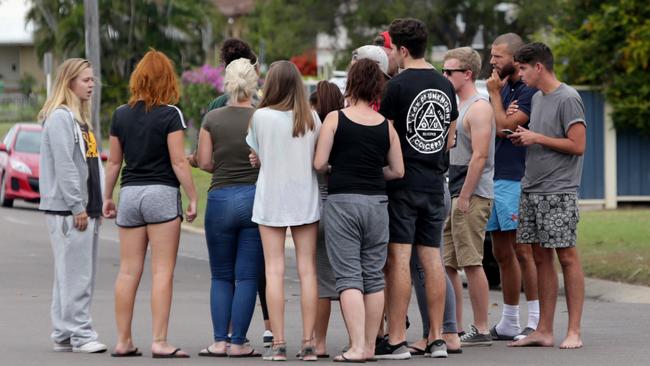
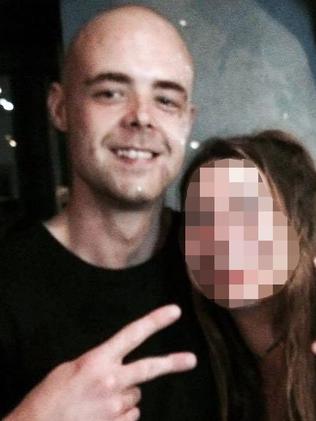
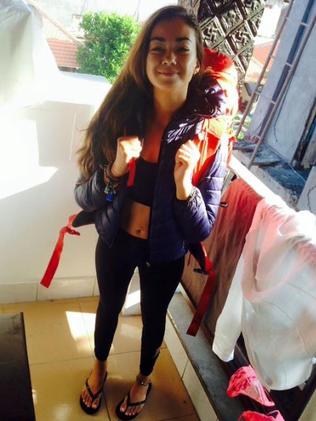

Accused murderer Ayad, 29, Ms Ayliffe-Chung and Mr Jackson had all been living in Home Hill and working on farms on a special Australian government working holiday visas scheme. Ms Ayliffe-Chung was picking up stones on a sugar cane plantation.
Home Hill and Ayr, which straddle the Burdekin River 120km south of Townsville, are inundated between May and October with backpackers looking for work on local farms.


Young travellers arrive from all over the world to work in the fields picking zucchinis, melons and capsicums which are sold in Coles and Woolworths.
Most describe it as “backbreaking” toil, but a positive experience which allows them the “holy grail” — an extended visa to travel Australia for up to two years.
Mr Jackson and his alleged killer, Ayad, both worked simultaneously at the same capsicum farm at the tiny town of Gumlu, 45 minutes outside Home Hill and 135km south of Townsville.
One backpacker, who lived at Home Hill at the same time as Mr Jackson, said the environment was extremely hostile.
“It is a dangerous place that encourages fighting, is unjust and run in a disgusting way,” he said.
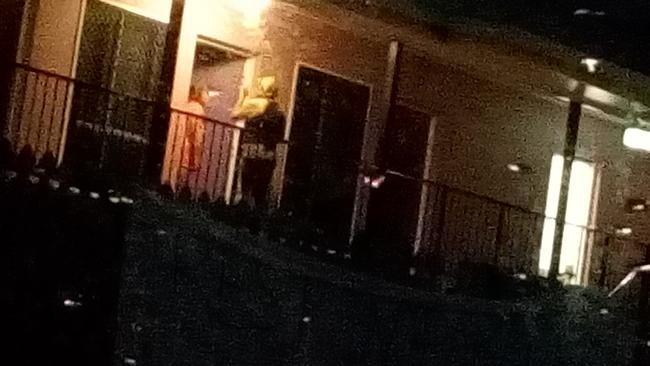
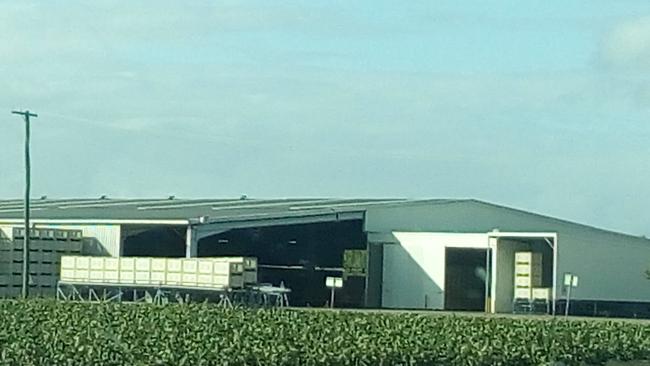
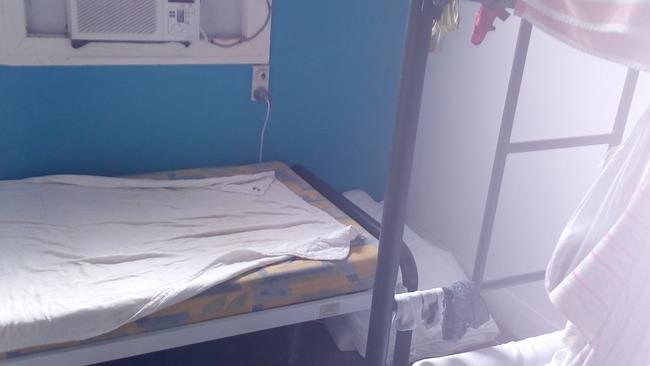
According to backpackers who have stayed at Home Hill before the double murder, violence has broken out previously and there is a drinking culture among the backpackers.
One of the backpackers called the town “Hell Hill” and warned others to “avoid it at all costs”.
French backpacker Edward Moine told news.com.au that he had left Home Hill because he felt isolated.
“There is nothing to do except drink. It was like a jail,” he said.
Another male backpacker who stayed in Home Hill two years ago described to news.com.au an incident in which a fight broke out after a drinking session and backpackers were confined to their rooms.
“At one time the drinking wasn’t allowed anymore — I think because of the daily disturbances,” he said. “After one night a fight between two travellers broke out and the police came and ordered us to stay in our rooms.
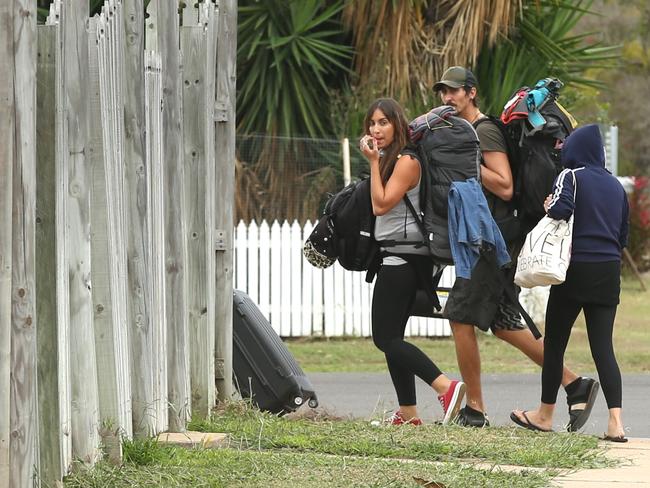
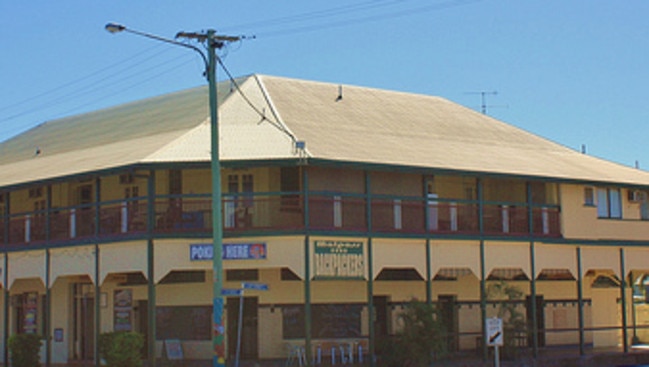
“I stayed for another two weeks and got a couple of days of picking by my own sources.
“I don’t know what they could have done to make the place better with 50 French 20-year-olds on the loose.”
Several backpackers from the UK and Europe described a system in which they were paid minimal wages and had to pay for transport to their jobs and other expenses.
Jarno from Europe, who stayed in Home Hill two years ago, wrote on Trip Advisor that he witnessed fights and complained about money being docked for work expenses.
Under the working visa system, backpackers must be credited with 88 days work in one year if they are to attain the much-prized second-year visa and extend their travels.
Many backpackers said that getting consistent work to total the 88 days was, for some, impossible.
Jarno said he stayed for a month in Home Hill but only managed to get seven days’ work.
He admits he could not cope with the constant noise of others partying when he had to wake up at 5.30am to board the minibus to the picking fields.
“I witnessed two major fights and three times police arrived shouting at us to get back to bed,” he said. “If you do manage to get work, they charge you $10 a day for transportation.
“The only reason I stayed for a month was the hope for getting to work. Some people worked five days a week, others were waiting for weeks without nothing to do. There has to be better options than this Hell Hill.”
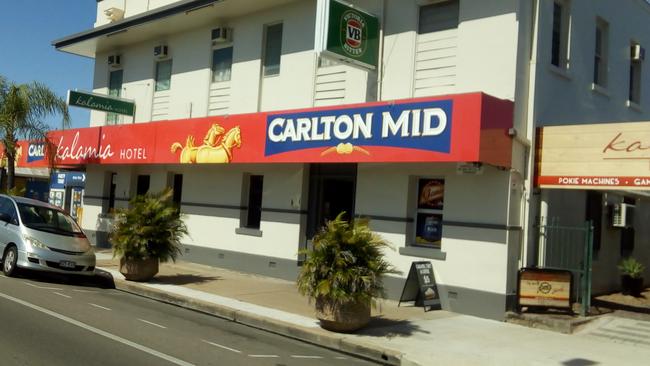
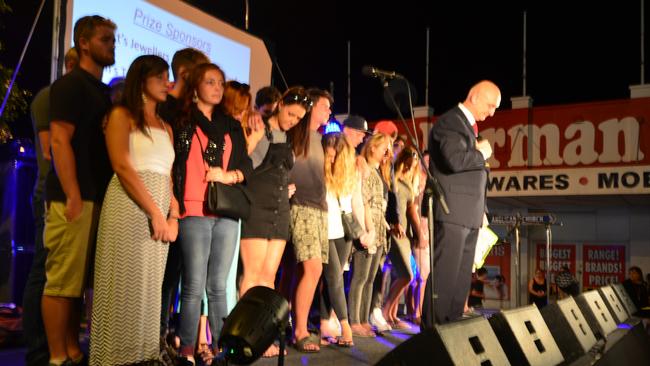
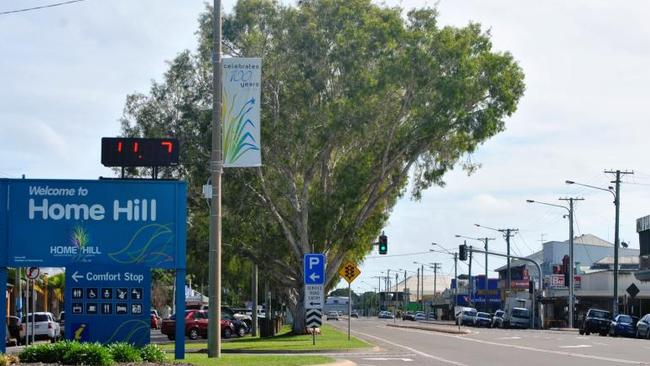
Young travellers get paid $22 an hour and work anything between two and eight hours, plus up to an hour’s transport each way to farms north and south of the towns of Ayr and Home Hill in the Burdekin region.
Minivan owners charge them up to $12 a day for transport, and several hostels run their own licensed bars.
Rent at a hostel ranges from $150 to $165 a week per person in a six to eight-bed dorm and $170 to $180 in a double room.
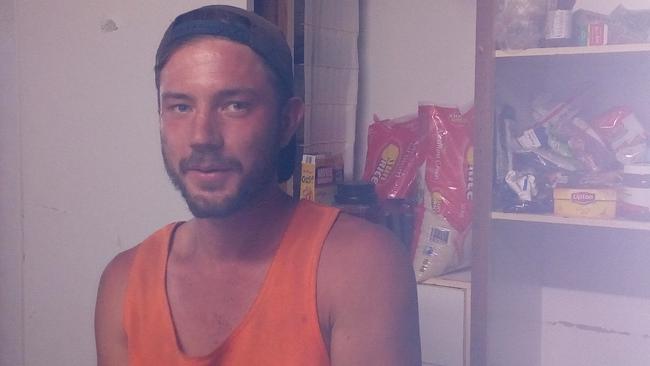
“They know we are expendable,” Mick from Canada told news.com.au. “My first farm I got sacked on the first day.”
Colum, a young Irishman, also got sacked on his first shift for “not bending down enough”.
“It’s backbreaking work,” he said. “I’m six-foot-five and I’m fat, so I’m just not made to continually bend over and pick a little vegetable that’s a foot off the ground.”

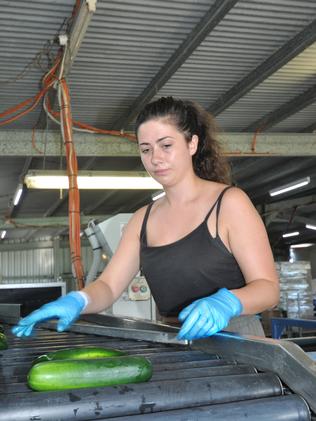
Andrew, a traveller from the UK who writes a blog, accused the police of being heavy-handed in dealing with a drunk backpacker in 2013.
Andrew and his friends then endured the “coldest winter in 40 years and the worst season in 10 years”.
But he conceded that “everyone is very friendly”, even though one of his friends was sacked from packing melons for “having one slow day”.
Phil, a German traveller who stayed at Home Hill three years ago and left a review online, said his earnings from picking capsicums, melons and pumpkins shrunk from deductions for accommodation costs, daily transport to the picking fields, drinking and food.


In 2009, another German traveller Florian said that the money earned picking on the fields was easily frittered away on alcohol and “grass” in the evenings.
The Burdekin Shire Council told news.com.au that the backpacker fruit and vegetable picking scheme contributed millions to the regional economy.
“We love our backpackers and we have many hundreds through here in a season,” the council’s media manager Julie Davies said.

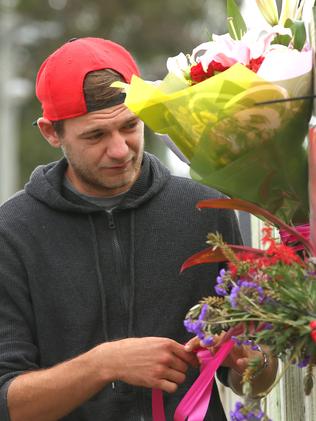
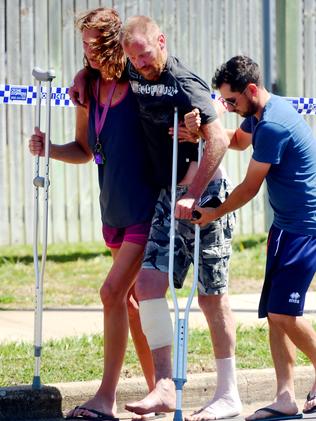
Ms Davies said the region was a river delta which lay over the Great Artesian Basin, making it very fertile and “virtually drought proof”.
Burdekin Shire Mayor Lyn McLaughlin told news.com.au that the entire town of Home Hill had been traumatised by the alleged murders.
“People are sad and become attached to the backpackers in town like their own children,” Ms McLaughlin said.
“The tragedy that occurred here has touched many locals and the backpackers wrote a note thanking Home Hill for all their care following the tragedy.
“But [backpacker fruit and vegetable picking] is a well-established industry here for the last 15 or 20 years and I see it continuing.
“We have another proposed hostel in the approval stages.”
One backpacker hostel owner told news.com.au that rather than the two alleged murders affecting business, it was a looming “backpacker tax” which threatened the industry in the region.
Under the new scheme, which the Federal Government has proposed but not yet introduced, the tax-free threshold of $18,000 would be removed.
He said that backpackers would no longer come if they were going to be taxed and that meant that the fruit and vegetable industry in the region would collapse.
“Australians don’t want these jobs, it’s too much hard work for them,” he said. “My business won’t exist if this comes in.”



